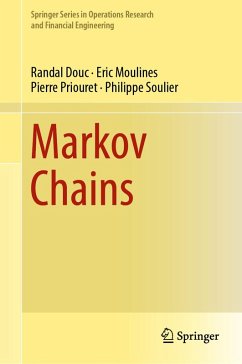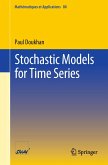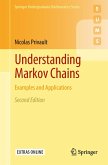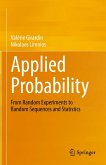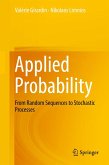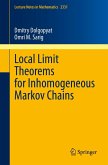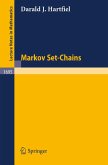Part I lays the foundations of the theory of Markov chain on general state-spaces. Part II covers the basic theory of irreducible Markov chains starting from the definition of small and petite sets, the characterization of recurrence and transience and culminating in the Harris theorem. Most of the results rely on the splitting technique which allows to reduce the theory of irreducible to a Markov chain with an atom. These two parts can serve as a text on Markov chain theory on general state-spaces. Although the choice of topics is quite different from what is usually covered in a classical Markov chain course, where most of the emphasis is put on countable state space, a graduate student should be able to read almost all of these developments without any mathematical background deeper than that needed to study countable state space (very little measure theory is required).
Part III deals with advanced topics on the theory of irreducible Markov chains, covering geometric and subgeometric convergence rates. Special attention is given to obtaining computable convergence bounds using Foster-Lyapunov drift conditions and minorization techniques.
Part IV presents selected topics on Markov chains, covering mostly hot recent developments. It represents a biased selection of topics, reflecting the authors own research inclinations. This includes quantitative bounds of convergence in Wasserstein distances, spectral theory of Markov operators, central limit theorems for additive functionals and concentration inequalities.
Some of the results in Parts III and IV appear for the first time in book form and some are original.
Dieser Download kann aus rechtlichen Gründen nur mit Rechnungsadresse in A, B, BG, CY, CZ, D, DK, EW, E, FIN, F, GR, HR, H, IRL, I, LT, L, LR, M, NL, PL, P, R, S, SLO, SK ausgeliefert werden.

